| Date & Time | 9 November 2022 (16:30 - 17:30 CET) |
|---|---|
| Location | Online |
Chemosensitivity assays are commonly used for preclinical drug discovery and clinical trial optimisation. However, poor inter- and intra-laboratory reproducibility has been reported, largely attributed to uncharacterised variation in the assay protocols. Central to improving the data reproducibility is the standardisation of assay ontologies using minimal information (MI).
To facilitate the open data in chemosensitivity assays, we have launched MICHA (minimal information for chemosensitivity assays) available at http://micha-protocol.org). MICHA is an integrative pipeline to annotate chemosensitivity assays based on four major components, including (1) compounds, (2) samples, (3) reagents, and (4) data processing references.
This webinar will demonstrate how MICHA can automatically extract publicly available information for compounds including primary and secondary targets, disease indications and physio-chemical properties. Users may next fill in the annotations including cell line or patient clinical variables, assay types, detection technologies and other experimental parameters. Finally, a tabular report can be generated to include the annotation results for the users to download. In addition, users may also browse the catalogue of drug sensitivity assay protocols which were already FAIRified by MICHA.
Using the platform of MICHA, we aim to increase acceptance and adoption of the principles of FAIR (Findable, Accessible, Interoperable and Reusable), by making the assay annotation as smoothly as possible. This webinar will showcase the utility of MICHA, including FAIRified protocols from several major cancer drug screening studies (including CCLE, CTRP, GDSC), as well as recently conducted COVID-19 drug screening studies.
Who is this course for?
This webinar is suitable for any researchers interested in developing or adapting experimental assays and protocols in their life science studies. An undergraduate level knowledge of experimental biology will be useful.
Outcomes
By the end of the webinar you will be able to:
- Describe what is MICHA
- Recognise the importance of strategies for fostering a community-driven effort to improve the open access of chemosensitivity assays
- Identify applications of MICHA in drug screening studies
The webinar will be conducted by Jing Tang from the Institute for Molecular Medicine Finland (FIMM). This is event is part of EOSC-Life, a project that aims to create an open collaborative digital space for life science and of which EATRIS is a partner.
Learn more and register for the webinar here.
















